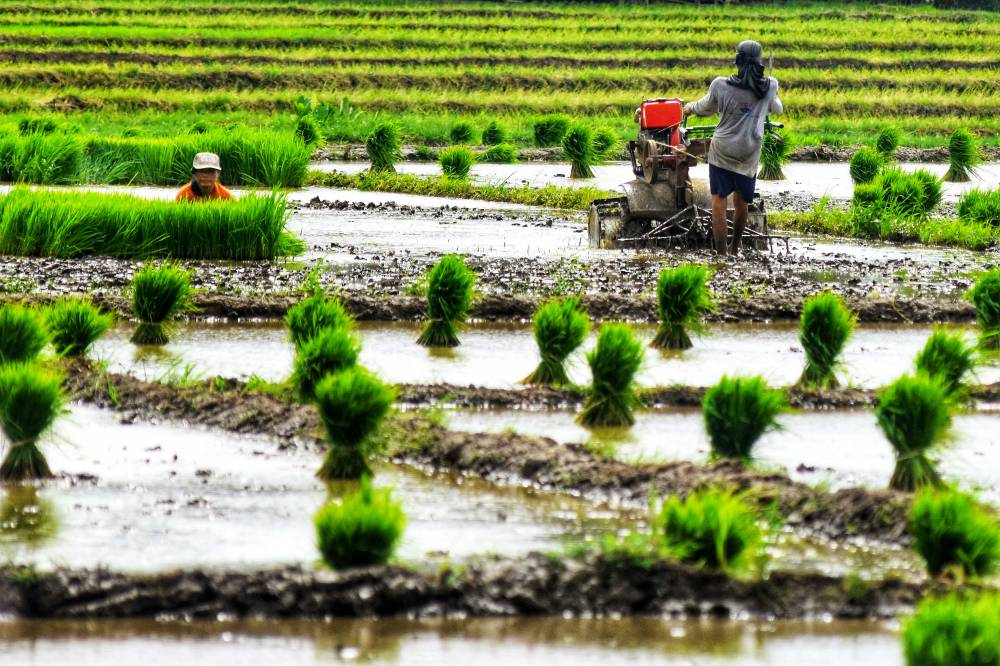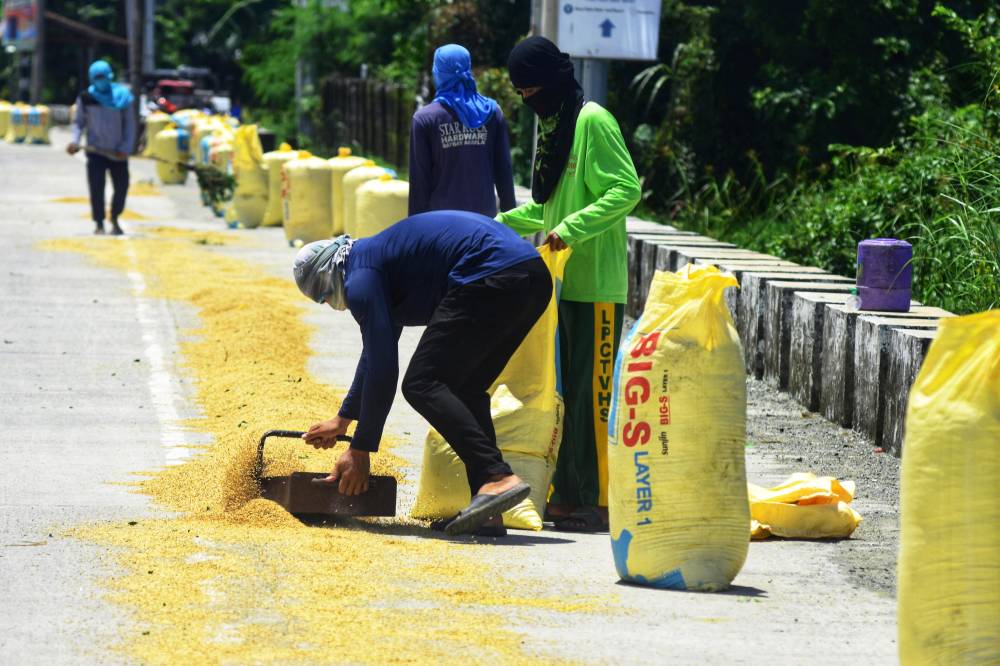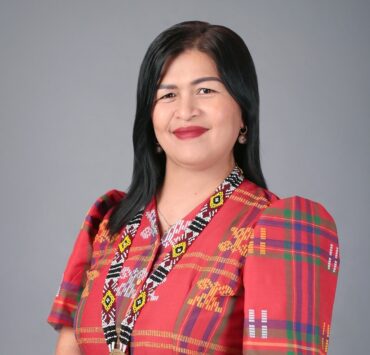Pangasinan gov’t ready to buy local palay amid price slump

LINGAYEN, PANGASINAN—The provincial government will begin buying newly harvested palay (unhusked rice) from Pangasinan farmers after farm-gate prices dropped to P8 to P10 per kilogram, far below the production cost of P15.50 per kilo.
Gov. Ramon Guico III said the procurement project would initially benefit members of the corporate farming program, which has about 1,500 members from 54 cooperatives.
“Through the corporate farming program, farmers’ yields have increased. Unfortunately, prices have declined, reportedly due to excessive rice importation,” Guico said during his inaugural address on Monday.
He said the provincial government would allocate funds for the purchase of palay, “since we buy rice for our hospitals, the provincial jail, and for distribution during calamities.”
While the provincial government did not disclose the buying rate for palay, Guico assured that “hindi lugi ang mga magsasaka (farmers won’t be shortchanged).”
Import tariff
However, the governor noted the need for investment in rice processing machinery and related facilities, as equipment previously donated by other government agencies are now outdated.
Rosendo So, president of the farmers’ group Samahan ng Industriya ng Agrikultura (Sinag), said farm-gate prices of palay in the provinces of Pangasinan, Bulacan and Pampanga have plummeted to P8 to P10 per kilo.
He said that because the price of Vietnamese rice had gone down, local traders were unwilling to buy local palay at higher prices, especially since the current rice import tariff was only 15 percent.
Sinag has been appealing to the Department of Economy, Planning and Development (DEPDev, formerly the National Economic and Development Authority) to restore the tariff to 35 percent to protect local rice prices.
“But nothing has come of the request so far,” So told the Inquirer in a telephone interview on Tuesday.
The National Food Authority (NFA) buys palay at P24 per kilo but is constrained by a P5-billion budget, which is only enough to purchase 2 percent—or about 208,000 metric tons—of the national yield.
“As a result, farmers have no choice but to sell to private traders,” So said.
The country’s palay harvest from July to December this year, he said, is expected to reach 10 million MT.

Expansion
“If the national government does nothing, palay prices may fall further to P6 to P7 per kilo, as farmers will be forced to sell to traders,” So warned.
According to Guico, the corporate farming program has been expanded to include more farmers in Pangasinan, providing them with free seedlings and farm machinery.
The program aims to consolidate farms and resources under a corporate farming model and implement site-specific production technologies and pest management practices, among other improvements.
Guico also said that four provincial warehouses with multipurpose drying pavements had been established in Sta. Barbara, Bugallon and San Quintin towns.
Vice Gov. Mark Lambino said the provincial board was ready to heed Guico’s call to support local farmers by establishing a subsidy fund.
Lambino outlined two possible ways to finance the initiative: through the passage of an ordinance specifically creating a palay subsidy fund for farmers, or by incorporating the subsidy fund into the provincial budget.
“Both methods require an enacting ordinance,” he said in his inaugural speech.

















